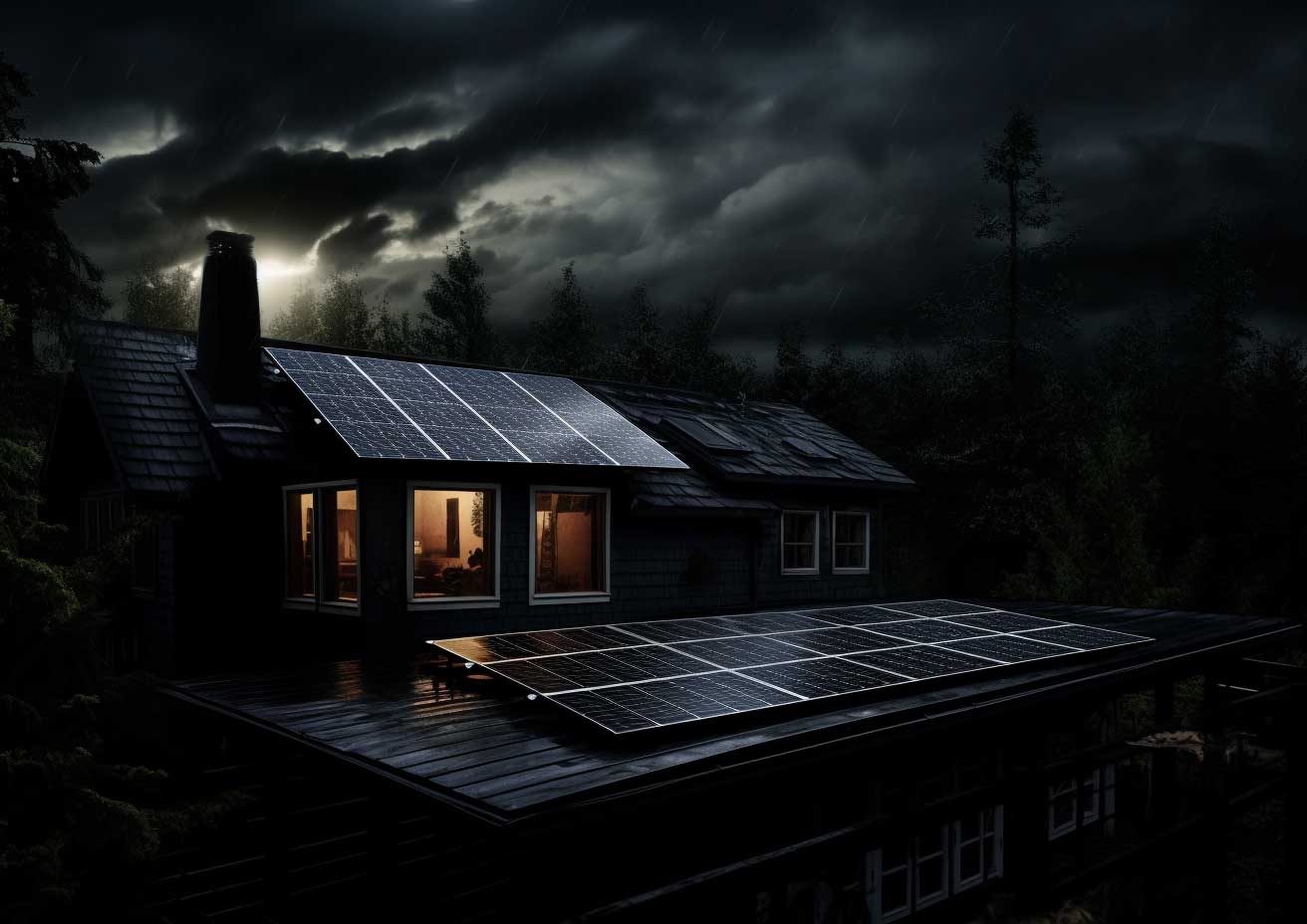With electric vehicles becoming more popular, homeowners everywhere are considering the switch. Long gone are the days when owning an EV meant living near a charging station or taking long trips to a faraway station. Home electric vehicle chargers are the way to go, offering convenience and peace of mind.
In this article, we will explain the definition of an EV charger and discuss the cost of EV charger installation. We’ll look into the potential benefits and drawbacks of investing in an EV charger, and provide insight into the factors that can affect the installation process, such as the state and location, electrician fees, and the type of charging station selected.
EV CHARGING QUOTE TOOL: GET AN ESTIMATE
What is an EV Charger?
An EV charger is a necessary piece of equipment needed for recharging an electric vehicle. Much like a gas pump, an EV charger is a machine that supplies electric power to charge an EV’s battery. It comes in three different types: Level 1, Level 2, and Level 3 DC Fast Charging.
There are three types of charging stations categorized by levels, each with unique characteristics. It is essential to note that higher levels result in faster battery charging.
Types of Charging Stations
Level 1 charging stations come with a standard 120-volt outlet and are primarily used for emergency charging. These charging stations often come included with the purchase of an EV and can only provide 2-5 miles of range per hour of charging. These are best suited for those who do not drive frequently or have a short commute.
Level 2 chargers offer a charging speed that is 5 to 7 times faster than Level 1 chargers. They require a connection to 240-volts and have a capacity of up to 19.2 kW. It is also possible to hardwire them to your home circuit. While Level 2 charging stations do not come with the car purchase, they are readily available on the market. Typically, these chargers are installed by a qualified electrician and can provide up to 25 miles of range per hour of charging, making them the preferred choice for most EV owners as they significantly reduce the time required to recharge their vehicle.
While Level 2 charging stations are a popular choice for personal installations, they might not be the fastest option for everyone. Level 3 stations, also known as DC fast chargers, use 480-volts and direct current to rapidly charge an electric vehicle in as little as 30 minutes. Although these charging stations are not typically installed at home due to their unique electrical requirements and powerful infrastructure, some homeowners may want to explore the possibility of installing one on their property.
However, installing a Level 3 charging station at home requires special permits and an extensive upgrade of the home’s electrical circuitry, which can be costly. Homeowners who want to install a Level 3 charging station may expect to spend up to $50,000 to cover the cost of the installation and the necessary preparation of the designated space. As a result, this option is generally only recommended for those who require an extremely fast charging option and have the budget for this type of upgrade.
Level 2 Charger Installation Cost
One of the primary considerations for those interested in purchasing an electric vehicle is the cost of installing a home EV charger. Level 2 charging stations, which can be either universal or vehicle-specific, are a popular option for home installation. On average, the cost starts at $500 and can exceed $3,000 when additional electrical work is needed. However, the total cost of installation can vary depending on various factors.
If there is an existing 240-volt outlet available in your home, basic installation of an EV charger will not incur a significant cost as it can be mounted next to the outlet. For instance, an old NEMA 14-50 or 6-50 outlet in your garage could be repurposed for an EV charger installation. However, if a new outlet and wiring are required, the installation price can increase up to $1,000 – $3,000, which includes the electrician’s work and materials like wiring and plugs.
If you are looking to minimize costs, it may be more economical to hardwire the charger directly into the wall instead of installing a NEMA outlet plug as this would save on material costs. With that said, it’s essential to have a professional electrician assess your home’s electrical system to ensure safety and compliance with local codes and regulations.
With our free assessment tool, you can get an accurate installation estimate in just a few days without even needing to meet with an electrician. Simply take a few photos of your electrical panel and desired location for the EV charger and answer a few questions about your home, including everything from your current electrical setup to any custom requests or needs you may have.
After receiving your information, our advanced Artificial Intelligence (AI) software will analyze and select the best-suited EV charging station and a WattLogic-verified installer from your local area. Then, we will immediately provide you with a detailed estimate of the cost to install a Level 2 charging station at your preferred location.
Given the different factors that come into play when charging an EV at home, taking advantage of our free assessment tool from WattLogic could be just what you need to make the installation process simple, quick, and efficient!
It is worth noting that federal, state, and municipal incentives are available for drivers who prefer to switch to EVs. These incentives could include rebates and credits on a home charger installation, so it’s essential to check what is offered before making a decision.
EV CHARGING QUOTE TOOL: GET AN ESTIMATE
Benefits and Drawbacks of Investing in an EV Charger
Home EV chargers are a great investment, offering convenience and peace of mind. With an at-home charging station, EV owners drastically decrease their reliance on public chargers or traditional gas stations, allowing for a stress-free and consistent charging experience.
While this type of investment may seem costly at first, there are long-term benefits. Owning an EV charger means that you can theoretically charge up to 15 times faster than you would with the charger that came with your EV, potentially saving you a significant amount of time especially when traveling long distances.
How to Install an EV Charger at Home
Installing an EV charger isn’t as simple as it may seem. Different states tend to have different requirements, regulations, and incentives for EV charging stations, so research beforehand is important to ensure compliance.
For the actual installation process, it’s best to seek out professional help. Typically, a licensed electrician with experience in EV charging station installation should be the best option or an EV charging installer such as WattLogic can help. The installation can vary depending on the complexity, but with the right EV charging station contractor it should take less than a couple of hours to complete.
EV CHARGING QUOTE TOOL: GET AN ESTIMATE
Understanding Your EV Charger Installation Cost: Final Thoughts
the cost of installing an EV charger at home can vary greatly depending on various factors, such as the type of charger, electrical requirements, and the location of your house. However, the long-term benefits of owning an EV charger translate to significant savings for EV owners by reducing reliance on public charging stations or traditional gas stations.
It’s essential to conduct thorough research and consult with professionals to find the right charger for your needs and budget. You should also take advantage of incentives offered by government agencies to make the investment more affordable.
At WattLogic, we provide a free and easy-to-use tool that simplifies the process of selecting an EV charger and getting an accurate installation estimate. It can be done entirely online from your phone or tablet, meaning less hassle and physical interaction. Our advanced AI software analyzes your preferences and requirements to identify the most suitable charging station and local installer to give you a quick cost estimate.
Investing in an EV charger at home is a wise decision, offering convenience, peace of mind, and contributing to a sustainable future. Utilize WattLogic’s free tool to streamline the process and take the first step towards a stress-free charging experience.




